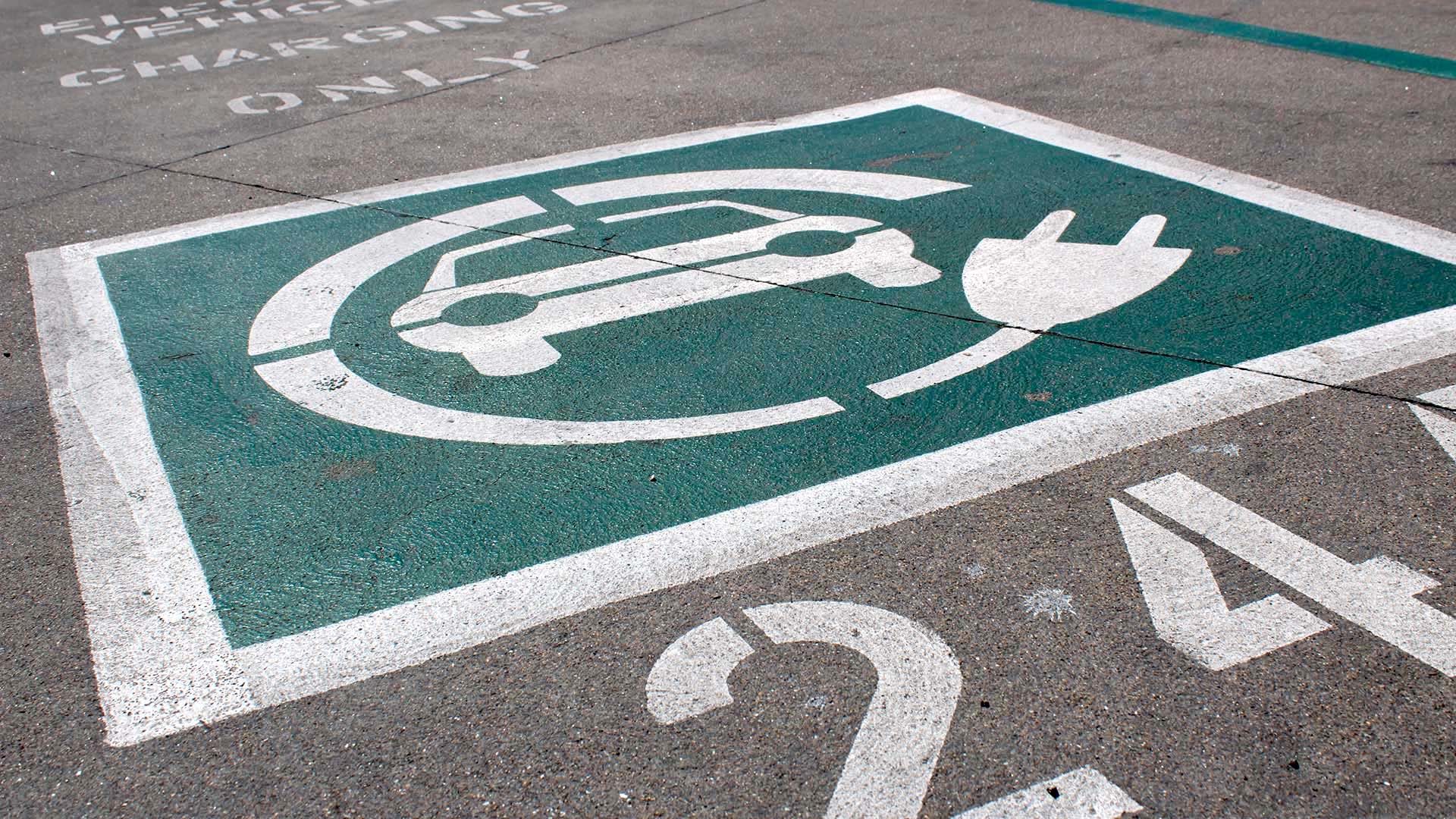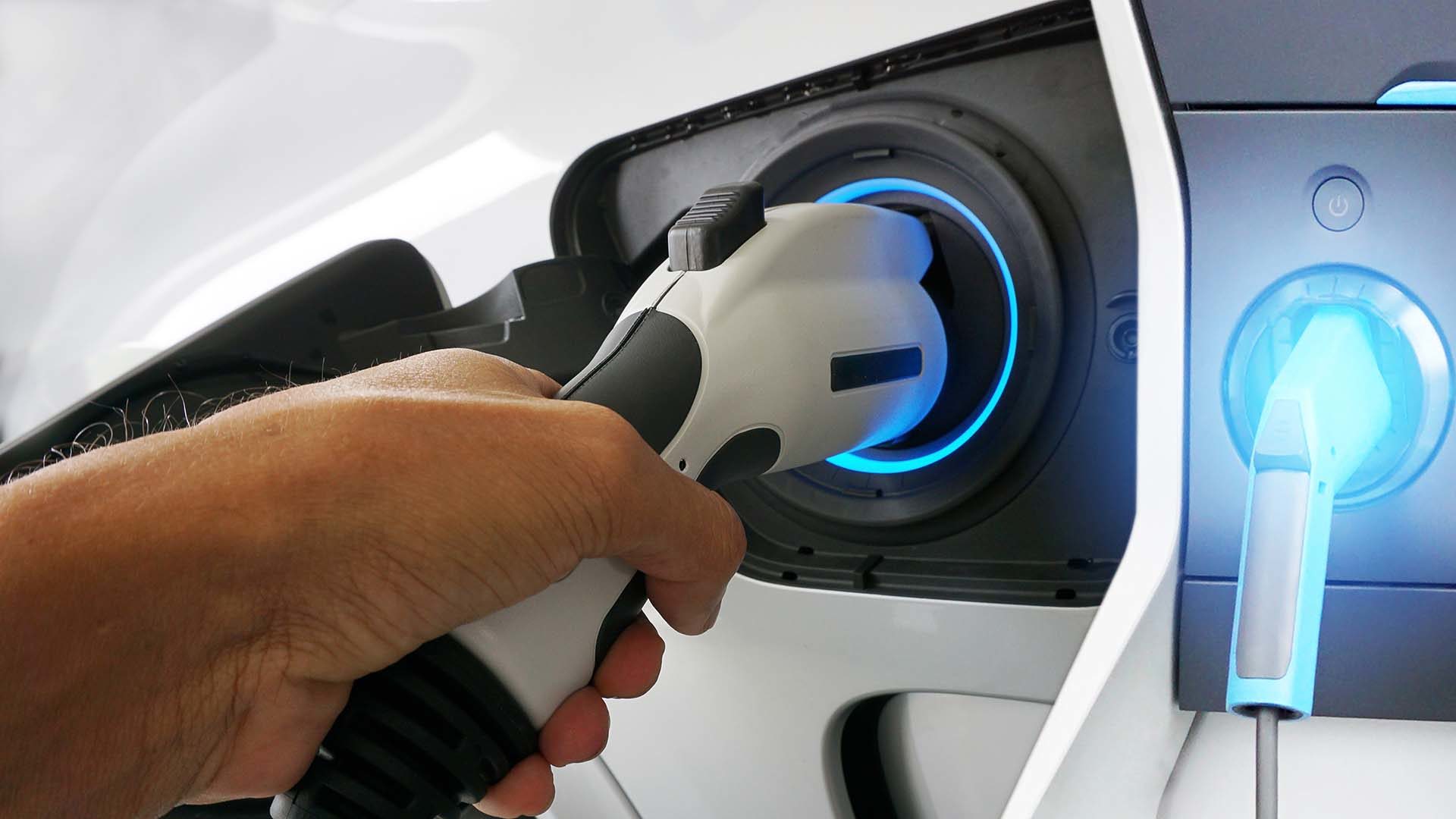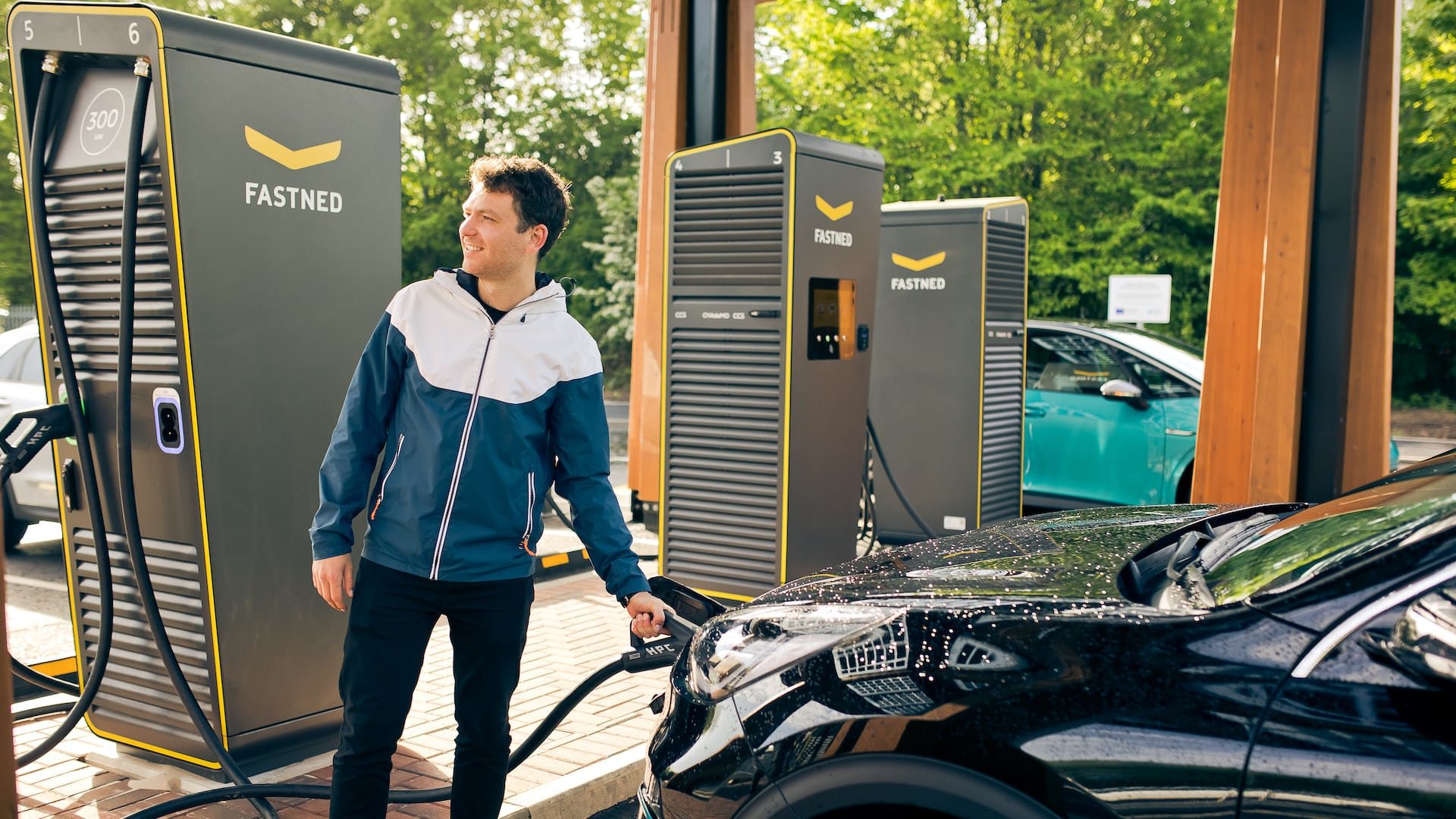
The average cost of using a public electric car charger fell further during January 2023.
Data supplied by the AA, as part of its latest EV Recharge Report, reveals the cost of public charging with slow devices fell to match home charging prices.
However, more charging providers have introduced peak and off-peak periods, which can see drivers pay up to an average of 35p per kWh more to charge their car during peak times.
Peak periods, peak prices

The average price of slow public chargers fell by eight percent in January, with fast and rapid devices showing a three percent drop. Ultra-rapid devices, defined as offering speeds beyond 101kW, increased in price slightly, by an average of 1p per kWh.
Offsetting the overall fall in prices is a greater use of peak-rate tariffs. Providers have now introduced these for all charging speeds, so that power can be provided throughout the day.
The AA’s research found that peak rates can have a huge effect on charging prices. Using a slow 7kW device in off-peak times costs an average of 37p per kWh, but this rockets to 72p per kWh in peak periods.
Peak rates across all charging speeds now average 70p per kWh, with fast and rapid devices the most expensive at 75p per kWh. Using these chargers, an EV driver would pay £30.00 to charge a 50kW battery to 80 percent capacity.
Charging prices fall faster than petrol

Falling EV charging costs have outstripped the decreases seen in average petrol prices, however. Petrol prices fell by 1.7 percent last month, down to an average of 148.8p per litre.
Electric car drivers recharging at peak times will still pay more per mile than those with a petrol car. However, making use of off-peak periods reverses things in favour of EVs.
Jack Cousens, head of roads policy and EV charging at the AA, said; “The slight fall in electricity prices has been reflected in the flat-rate prices EV drivers pay. The speed at which the prices fell is encouraging and hopefully means the ‘rocket and feather’ approach to wholesale costs experienced in petrol prices won’t be adopted by charge point operators.
“However, we believe Ofgem needs to keep a watchful eye on peak-rate costs to ensure they don’t escalate to the point where it puts drivers off using them. Whilst we understand the reasons why peak rates exist, the price needs to be reasonable in relation to the speed of charge.”
ALSO READ:
Are electric cars really zero emissions vehicles?
How do I locate my nearest electric car charger?
EV charging capacity vs. charging speed – which matters more?